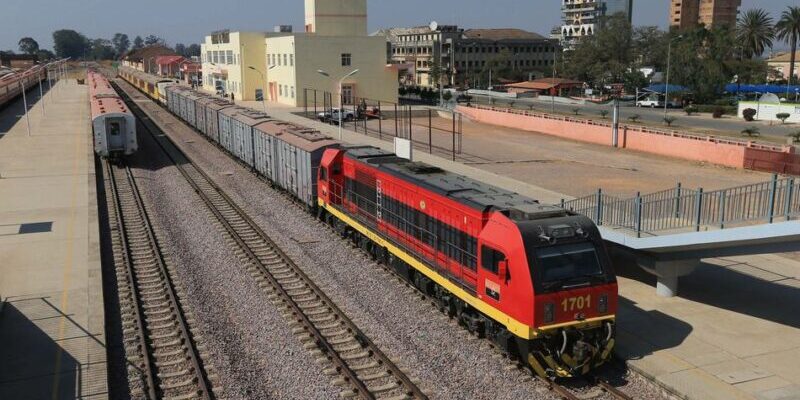The revitalization of the Lobito Corridor, spearheaded by the Angolan government, represents a crucial step in reducing raw material costs and bolstering the industrial sector.
This was emphasized on Monday in Benguela by Carlos Leiria, President of the Industrial Association of Angola (AIA) in the region.
Leiria highlighted the economic advantages of utilizing this logistical hub, which includes the Lobito Port, the Benguela Railway (CFB), and road connections.
He noted that optimizing the Corridor could significantly enhance transportation logistics, one of the biggest challenges for industries in Angola.
Access to more competitively priced raw materials, Leiria explained, strengthens local production, reduces manufacturing costs, and makes Angolan products more affordable and competitive in both domestic and export markets.
Boosting Regional Integration and Cross-Border Trade
The Lobito Corridor also holds great potential for regional integration and cross-border trade, particularly with landlocked countries like the Democratic Republic of Congo (DRC) and Zambia.
Leiria acknowledged the government’s strategic vision in revitalizing the Corridor, which continues to attract major global players.
This reflects the Corridor’s pivotal role in Angola’s economic development and its integration into Southern Africa’s value chains.
He further stated that the Corridor’s optimization would be instrumental in boosting activities for member businesses, thereby contributing to an increase in the nation’s Gross Domestic Product (GDP).
“The Lobito Corridor opens new business opportunities, especially in cross-border trade with Zambia and the DRC, giving Angolan entrepreneurs access to larger and more diversified markets.
This growth in trade volume will stimulate industrialization and increase the private sector’s contribution to the national economy,” Leiria affirmed.
A Catalyst for Industrialization and Mining Exports
Leiria stressed that a dynamic and secure Lobito Corridor would lower operational costs for industries, particularly those in mining, enabling higher export volumes of raw materials to international markets.
“With stability and the entry of new players in raw material extraction and other industries, we could see greater incentives for establishing new factories and increasing production in existing ones,” he added.
Modernizing and fully operationalizing the Corridor will ease the flow of goods and raw materials, reduce operational costs, and improve the competitiveness of local businesses.
International Relations and Economic Diplomacy
Leiria pointed to the recent visit by U.S. President Joe Biden as a historic milestone that underscores the Corridor’s global importance. He believes this visit will further strengthen Angola’s GDP, stabilize the national currency, and foster confidence in trade and foreign exchange transactions.
“Angola has become a focal point on the global stage due to the economic diplomacy pursued by President João Lourenço,” Leiria noted.
![]()




